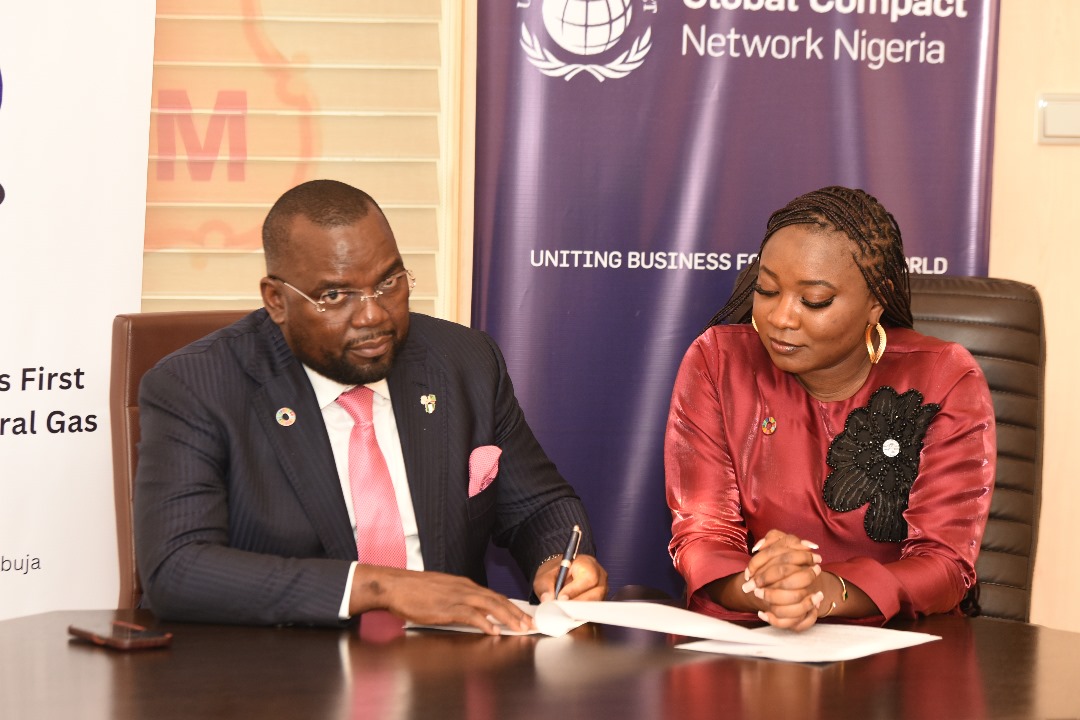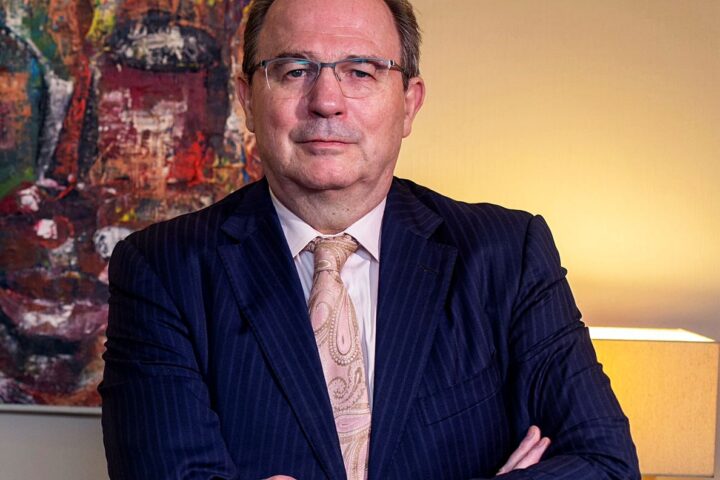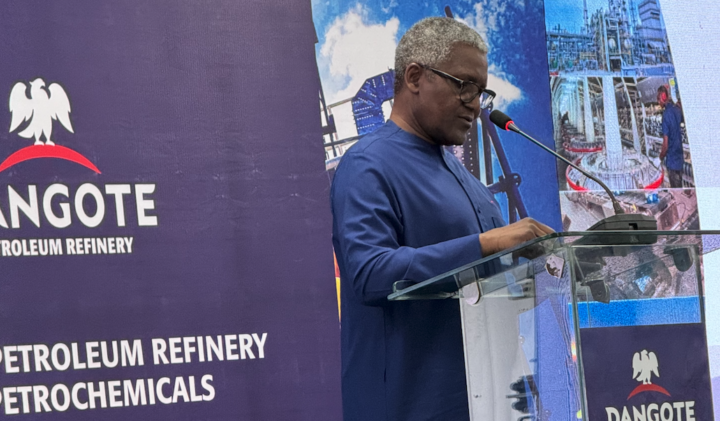
The Group General Manager, National Petroleum Investment Management Services (NAPIMS),Mr.Bala Wunti,has identified the delay in the passage of the Petroleum Industry Bill (PIB), security and high cost of operation as impediments to the competitiveness in the Nigeria’s oil and gas industry.
Wunti disclosed this Wednesday in Abuja, while speaking with newsmen on the sidelines of ongoing 2021 Nigeria International Petroleum Summit (NIPS).
He said the passage of the PIB, stakeholders’ collaboration in curbing insecurity and reducing cost of crude oil production to 10 dollars per barrel would make Nigeria a top investment destination.
Wunti reiterated the government’s commitment to reduction of
carbon emissions in the country as the world moves toward energy transition.
According to him, Nigeria’s focus is to use its vast natural gas resources to help battle global warming and foster national development.
He noted that this was behind the recent declaration of 2021 to 2030 as the “Decade of Gas’’ and intensified efforts to monitise gas flaring in Nigeria.
“Some have said that gas is a bridge fuel but I say gas is a destination fuel. I envisage that attention will be focused on gas resource,’’ Wunti said.
He explained that the transition to renewables had led to lack of investments in hydrocarbons by the IOCs which could lead to shortage of supply in future if not properly managed
Meanwhile,Total Energies, has emphasized the need for operators in the oil and gas sector need to form alliance with a view to harnessing new opportunities brought by COVID-19 pandemic.
Deputy Managing Director Deep Waters TotalEnergies,Mr Victor Bandele, gave the at the ongoing 4th Nigeria International Petroleum Summit, in Abuja, on Wednesday.
He said:” A lot of us see negative impact of COVID -19 pandemic but the situation has offered new perspective for businesses. A lot of opportunities opened with COVID-19.
“We need to collaborate, in onshore there are lots that the oil companies can do together to reduce cost and achieve better results.
“The way oil blocs are located, there are infrastructure close that could be shared among stakeholders. Collaboration entails that we talk to one another to see what we can get from each other,” he said.
On the offshore,he said the best method to join forces will be to tie small fields to infrastructure especially as new marginal fields have been awarded.
He said that it was unfortunate that it remained difficult to work together in the continent in the sector.
He said that if gas would be developed, there must be strong collaboration even at the continental level.
“We in TotalEnergies have a lot of infrastructure that is operating below capacity in the offshore but alliance by operators can make them more useful, ” he said
He advised companies to improve and focus in drive to develop gas and reduce carbon emission.
” In TotalEnergies, we give ourselves target and we strive to achieve and that has helped us to re. ain competitive.
In his remarks, Mr Bayo Ojulari, Managing Director, Shell Nigeria, said that it was unfortunate that stakeholders are not committed to collaboration
According to him, there is the need to find a way to leverage on the opportunity provided by the summit to build strong force in the industry.
He said that all companies try to show off how well they are doing saying” the truth is that we must do well together as a mark of responsibility”
He said that there was need for the industry players to make sure that stakeholders work together as the petroleum industry Bill (PIB) was about to be passed.
” We all need to come together and think on how best to implement the PIB when passes to achieve a better result for growth and development in sector,” he added.
















